Growing up in a large and proud Aboriginal family, on the Far South Coast of NSW in Australia, Yuin writer Gary Lonesborough often tried his hand at writing as a kid. And when he realized he was queer at the age of 12, it dawned on him that he didn’t see anyone like him in his love for books. So he stopped reading altogether, and started trying to fit in.
Gary wished that he could’ve walked into his school library and picked up a book written by an Aboriginal author that featured a queer Aboriginal protagonist—maybe if he could find someone who related to that daily struggle—it would have helped him. As he grew older, he decided to write those books; to write stories that deserve to be told, for Aboriginal kids to be able to read and love books written by Aboriginal authors, to see themselves in the pages.
Ready When You Are is a stunning YA love story between two Aboriginal boys – one who doesn’t want to accept he’s gay, and the boy who comes to live in his house who makes him realize who he is. It’s a hot summer, and life’s going all right for Jackson and his family on the Mish. It’s almost Christmas, school’s out, and he’s hanging with his mates, teasing the visiting tourists, avoiding the racist boys in town. Just like every year, Jackson’s Aunty and annoying little cousins visit from the city – but this time a mysterious boy with a troubled past comes with them. As their friendship evolves, Jackson must confront the changing shapes of his relationships with his friends, family and community. And he must face his darkest secret – a secret he thought he’d locked away for good.
SheReads talked with Gary Lonesborough about balancing identity issues in YA , the importance of imperfect endings, and his Aboriginal-YA book recommendations.
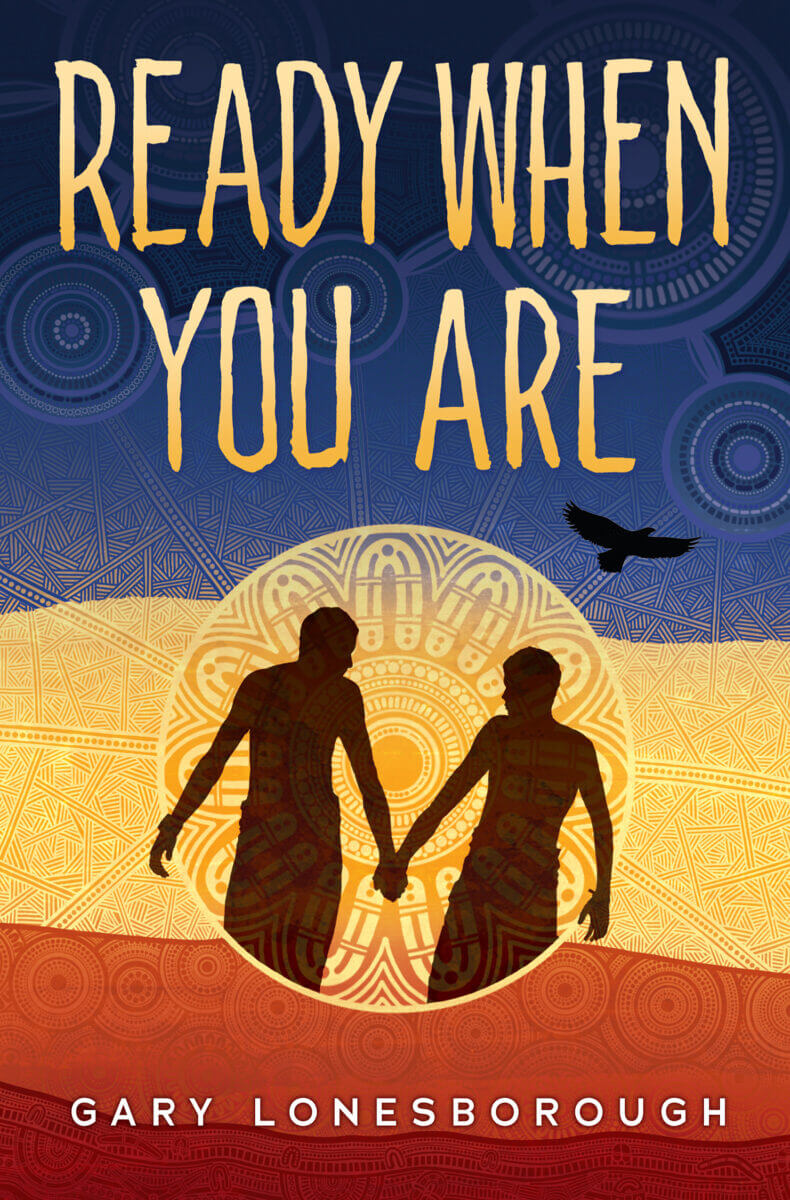
Where did the original inspiration come from for writing Ready When You Are?
The original inspiration came from a short film script I had written in 2015 which centered around the last night in this secret relationship between two Aboriginal boys living in a small Aboriginal community – set the night before and the morning of one of them moving away. I was starting to come out to people then and was reflecting on my closeted teen years a lot. Fast-forward a few years and I read Simon vs The Homo Sapien’s Agenda by Becky Albertalli. I realized I wanted to read a story that felt like Simon but featured an Aboriginal protagonist coming to terms with his sexuality and falling in love, and I couldn’t find that book in the market. I think as a writer, I was waiting for the right story to come along – the right novel – and after reading Simon, I began to think of that short film script I wrote all those years ago and it eventually morphed into Ready When You Are.
What are three takeaways you want readers to have from reading this book?
I want the readers to feel like they’ve explored a world they hadn’t explored before and to feel like they’ve met characters they haven’t met before. I want readers to feel hopeful when they finish the book, that even though Jackson’s story isn’t tied up perfectly with a red ribbon at the end, that they feel hopeful he will be okay. Lastly, I want the readers to feel connected to the characters. I want them to feel like they’ve really gotten to know Jackson and Tomas and I want them to think about those character long after they’ve finished the book, and to wonder how their stories continued after the final page.
This book tackles issues in several communities: LGBTQA+, Indigenous, YA. For you, what was the most complicated part of writing the story?
The most complicated part of writing the story was balancing those issues. I spent a lot of time balancing the Indigenous elements with the queer elements, as well as all those societal issues explored in the book, such as class, segregation, racism. The most important element was the love story, so it took a lot of hard work to make sure the love story remained strong and compelling while still being able to explore all of the things I wanted to explore, and make sure it was still a YA book.
What are some other Aboriginal-centered books you recommend for YA as well as adults?
I highly recommend Ghost Bird by Lisa Fuller, and any books by Jared Thomas. For adults, I recommend Blood by Tony Birch, Too Much Lip by Melissa Lukashenko and Song of the Crocodile by Nardi Simpson.
What are you currently working on?
I am about to jump into edits for my second YA novel, but I’m currently working on a middle-grade Indigenous fantasy and have another YA novel brewing in the back of my mind!
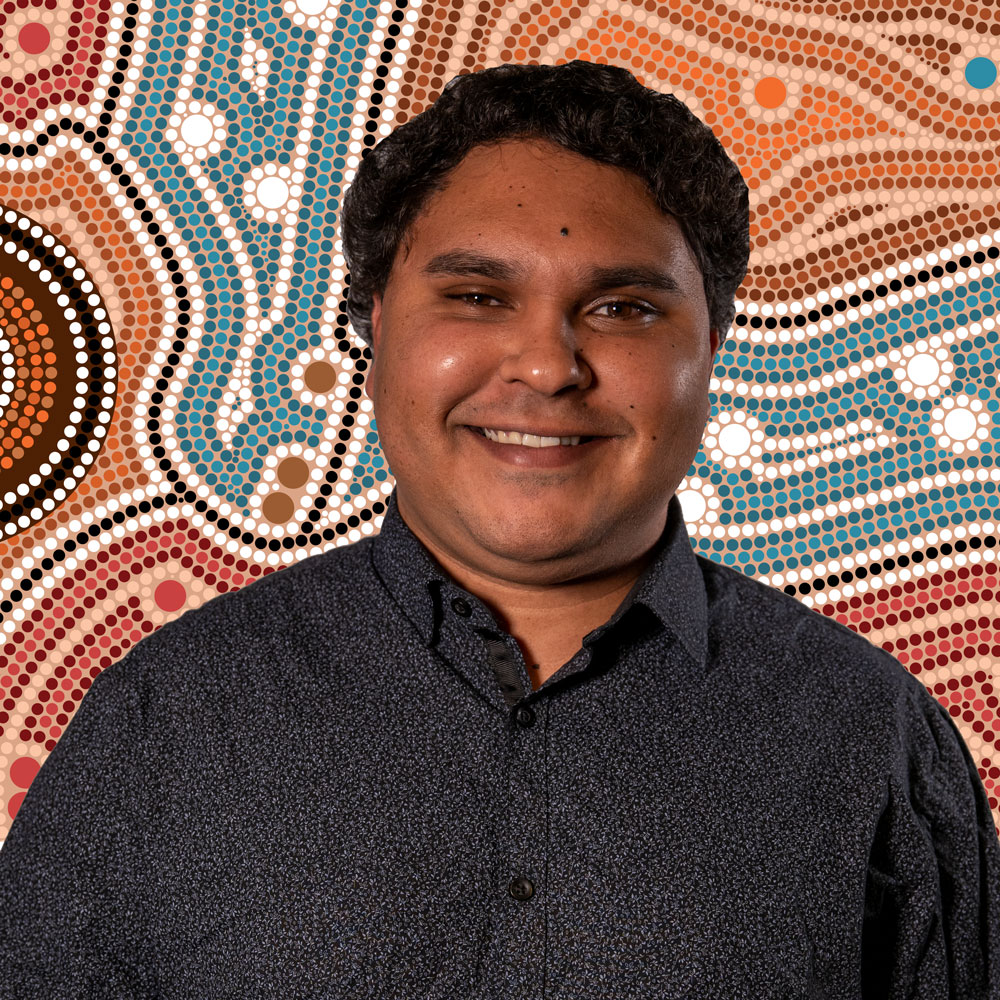
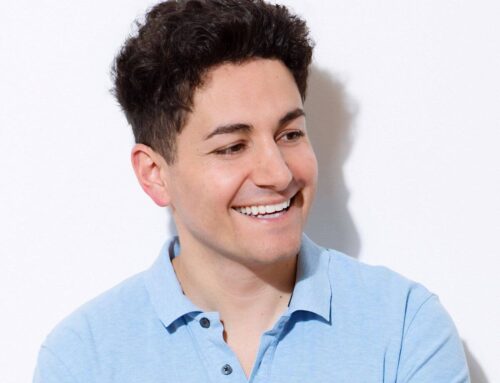
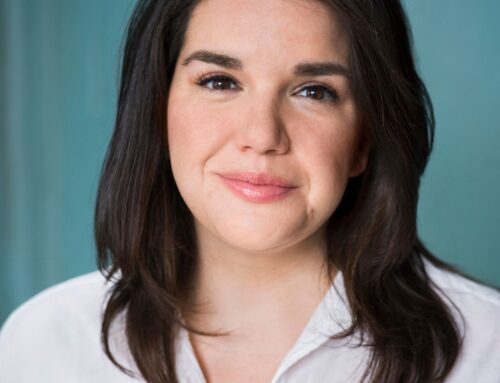

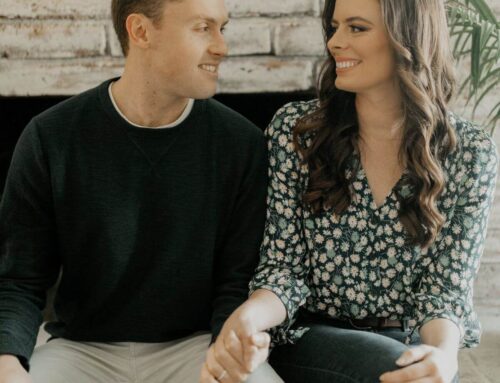
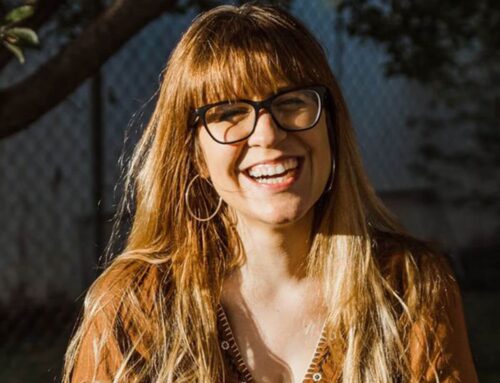
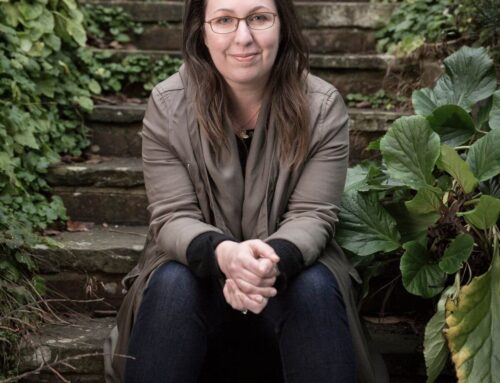
Leave A Comment